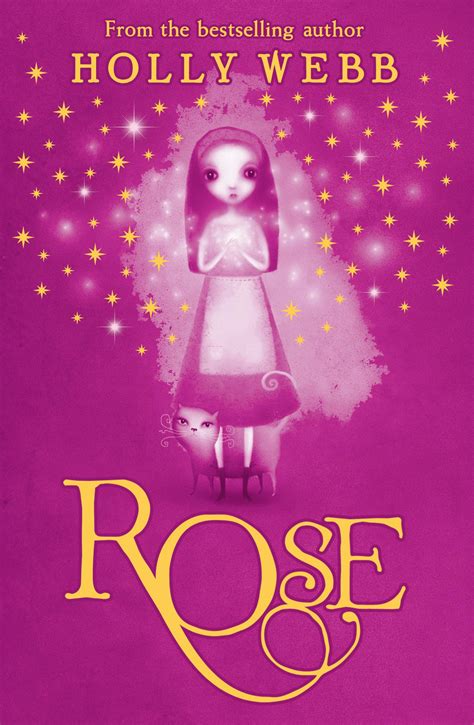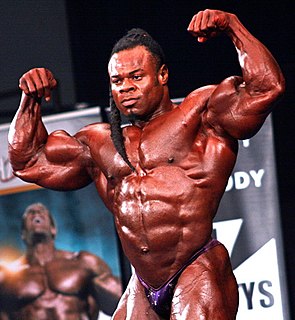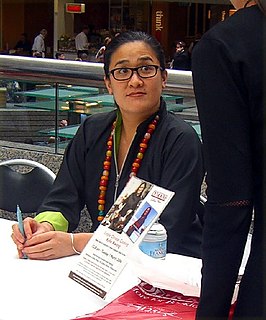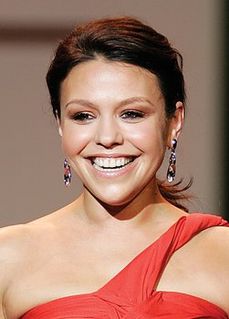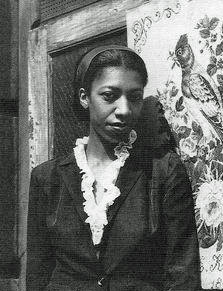A Quote by Elizabeth McCracken
I come from food the way some people come from money. Food was the medium I grew up in, what we talked about, what shaped our days.
Related Quotes
The food containers come in different varieties: for example, drinks, breakfast type food, meats, vegetables. There are about 5-10 days of that type of food in each container. We try not to open a new container until we finish the one we are on - even if that means going without coffee for a couple of days.
We kind of know that food is necessary to survive. But our ways of connecting with food have been, in many ways, taken over by capitalism - certainly taken over by the influence large corporations have on the way that we eat and the way that we think about food. That's why kids these days are more prepared to take nutritional advice from Ronald McDonald than they are from their parents or their teachers or from scientists. And particularly in urban areas, you'll see kids who honestly believe tomatoes come from the supermarket rather than from a plant.
Food became the antidote for feelings of guilt, sadness, and anger. ... Food is a resolution to controversy; food is rescue. We ate and talked and cried and laughed in the kitchen and ate again. This was about more than just food. It was about our mom making connections the best she could and in the way she knew best across the kitchen table, across time and across sadness.
I spend so much money on food, just getting the food for me is a tremendous expense, so there's no way I could even think about paying for supplements. I think of all supplements as food derivative anyway, so If I can only choose between getting the food or the supplements I'd rather opt for the food.
If you come from a working-class background, you can't afford to write full time, because you're just not being paid. Basically, all my arguments come down to Marxist doctrine: The world is shaped by money, so the only voices you'll hear are the ones with money behind them. But thankfully, culture and cool are some things that circumvent money, because if you're cool, people will want to give you money - suddenly you shape the market and people start coming to you. Which is why culture has always been a traditional way out for working-class people.








